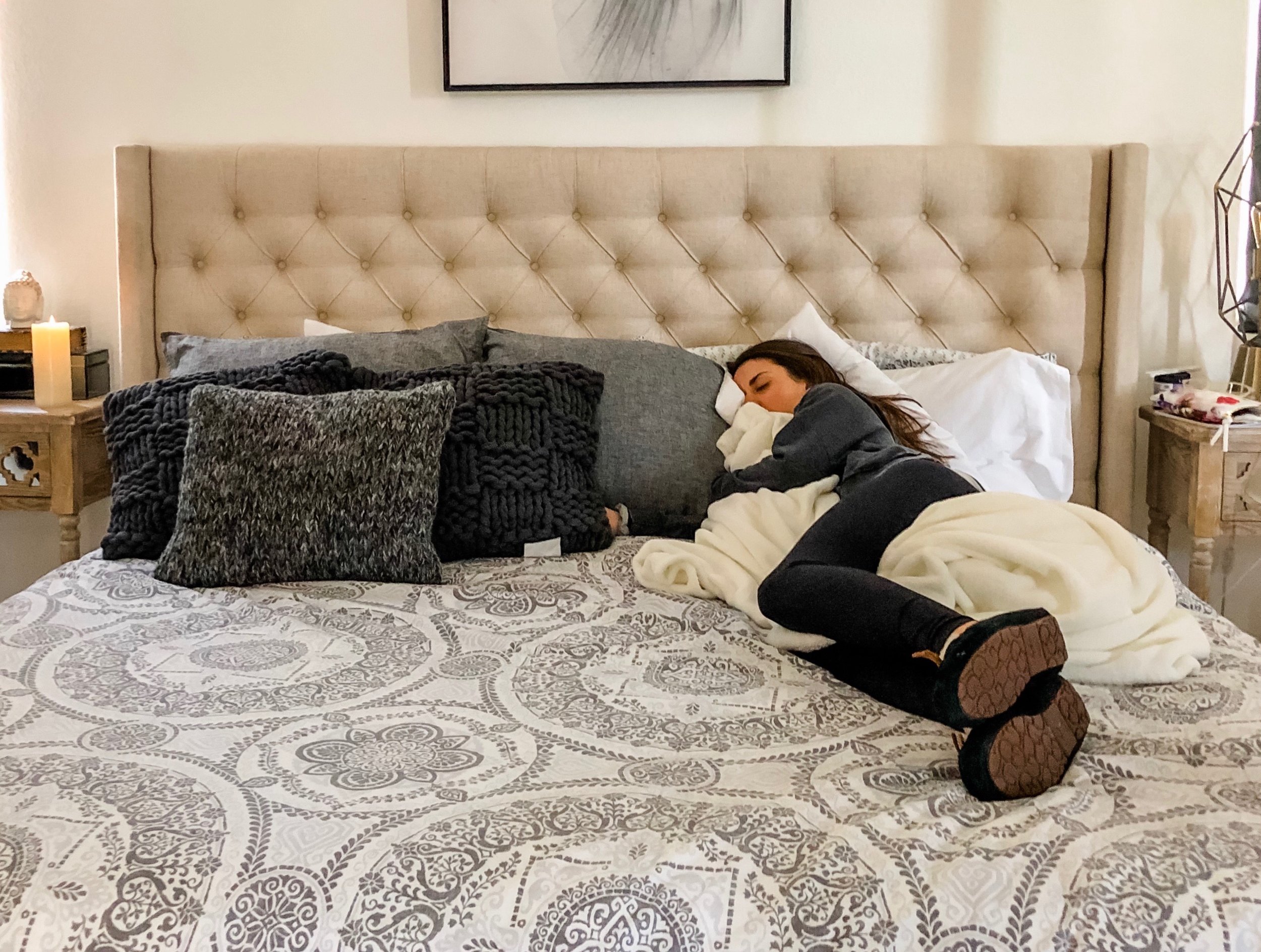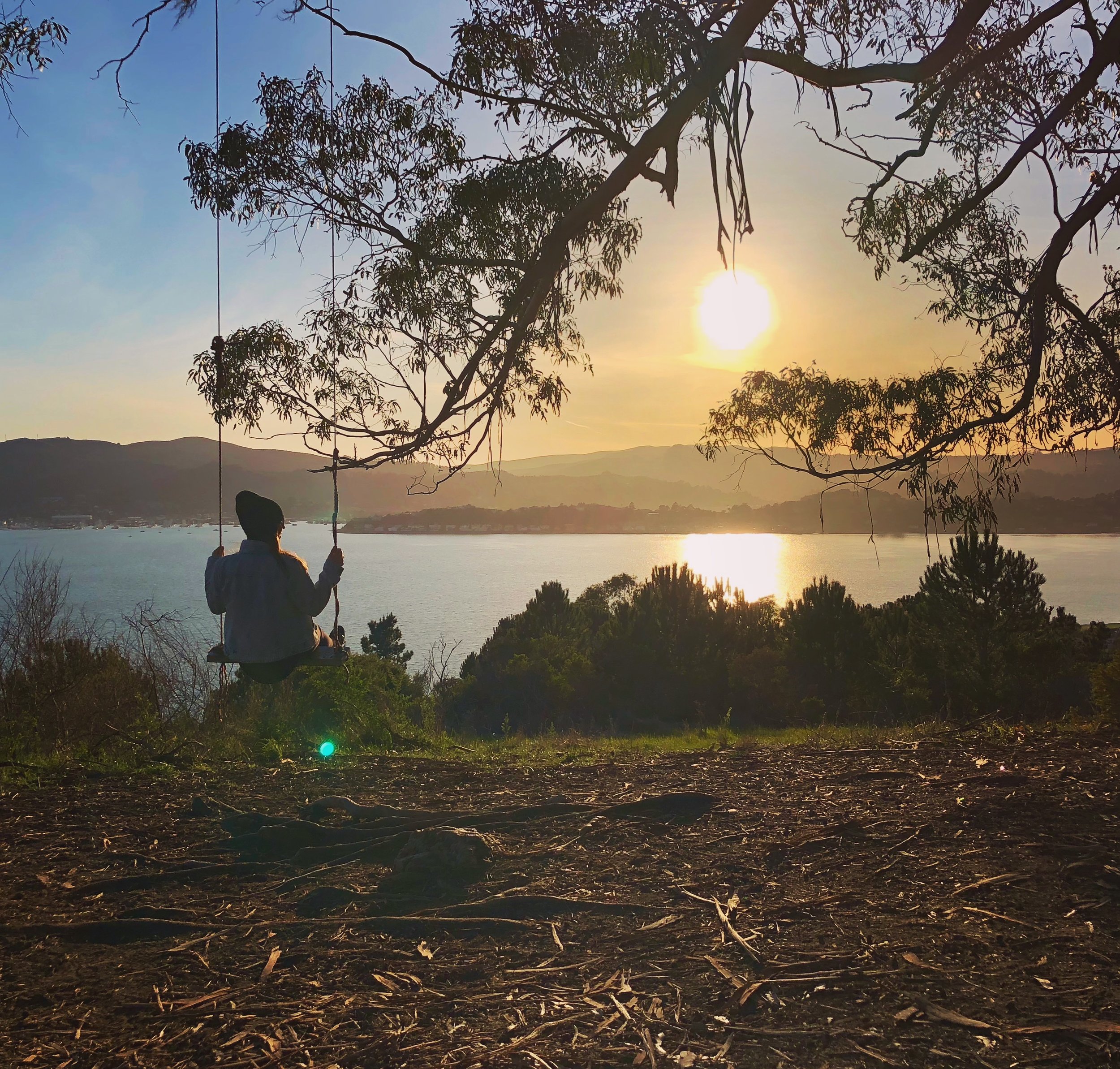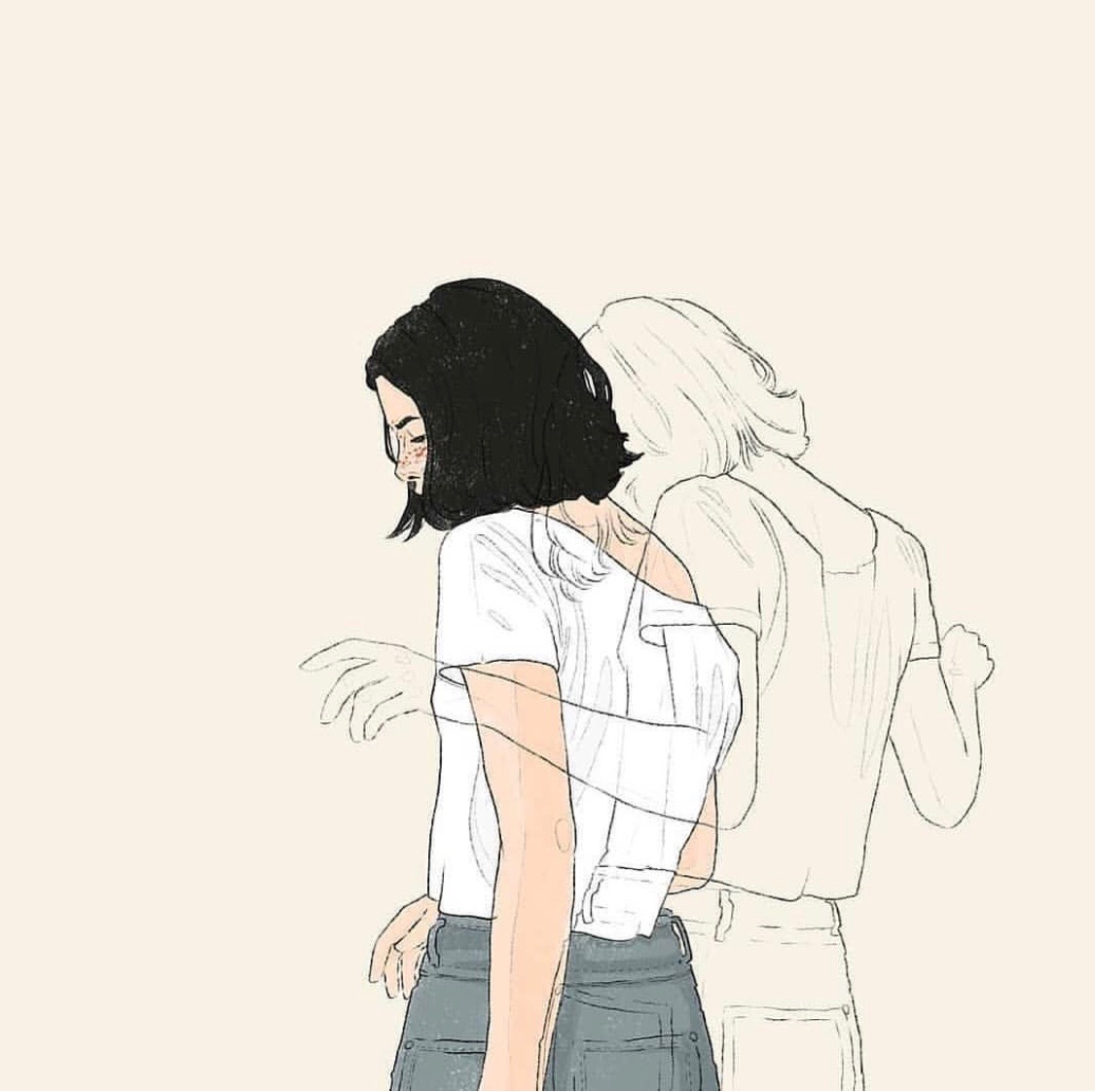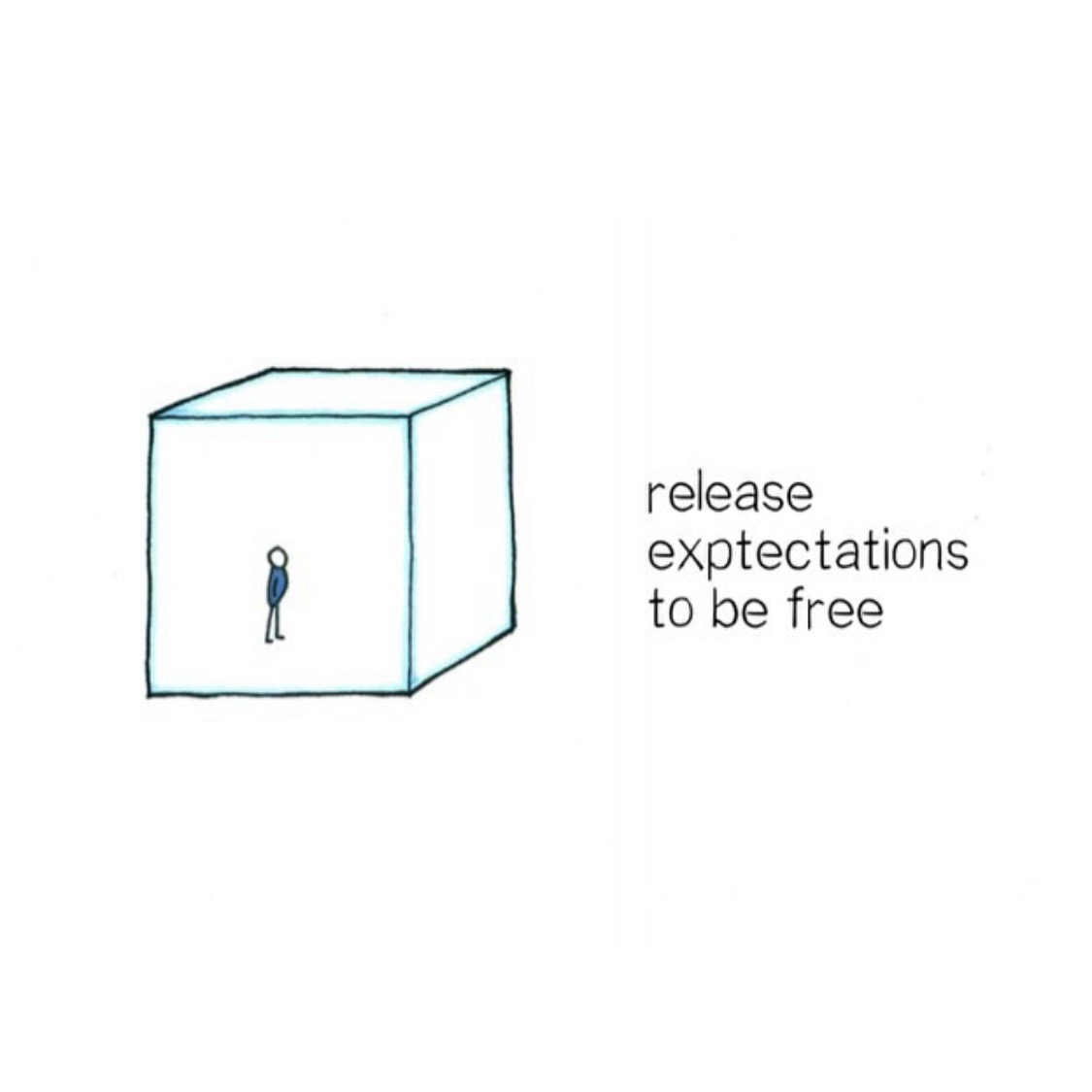Not So Obvious Struggles of Socializing with Chronic Illness
Chronic illness has touched nearly every area of my life — exercise, work, school, travel, relationships, intimacy, hobbies and especially socializing. Learning that my body is fighting chronic lyme disease while managing chronic migraine has brought more clarity as to why socializing has been an increasingly challenging task for me.

Most obviously to an outsider’s view, my social life has been impacted by living with chronic illness in the form of lots of cancelled plans and missed opportunities. But there is another struggle of socializing while living with chronic migraine and lyme that has become a part of my reality more insidiously, without me hardly even realizing.
Being around people; whether it’s friends, family, doctors, acquaintances or even chatty strangers on walks with Finn, is now a taxing activity. Interaction with other human beings requires me to be “on”, when I so often feel very “off”.
This change is most difficult as it relates to being around my family and close friends. Though I try to be honest and transparent about what I’m dealing with, it is still so challenging for me to be in their presence and not turn myself “on”. This is mostly because I love them so much, and I desperately want to engage with them and do the “basics” when we are together… make eye contact, answer questions about my life and inquire about theirs (even when they tell me it’s ok if I just close my eyes and we hang out quietly in the dark).
However, in order to perform these tasks which are the expected norms of social interaction, I have to shift gears out of the energy-conserving-low-stimulation baseline state that has become my norm. Just laughing at jokes or telling stories; all of these good things that I used to engage in without a second thought, now require effort hidden behind the veil of threatening pain and intense brain fog.
When symptoms ramp up quickly in social situations, I feel stuck and torn; like I have one foot in two worlds. I can either choose to push through and finish whatever plans are happening, or cut things short to return home; where my environment is better controlled, where I can let quiet wash over me and just be; without any expectation or pressure on myself to talk or engage.
The fact that socializing — almost no matter who with — is a now a taxing activity is difficult for me to accept. It’s hard not to feel like this limitation is causing me to simultaneously stray farther away from who I truly am and that I am letting the people I care about down. I want to be social and genuinely look forward to seeing friends; but it just feels so hard right now.
Sometimes I try to remember the last social event that I truly was looking forward to attending, and can’t. Even things that I want to go to, are overshadowed by knowing that I will likely “pay for” the exertion later (often during) and anxiety about how I will manage that.
I’ve nervously asked my therapist multiple times — “do you think I’m developing social anxiety?”. Because this aversion to socializing is something that feels so foreign, and almost “wrong”.
But, after years of living with these illnesses, a feedback loop has developed: Socializing output leads to increased pain input And that is a hard loop to ignore.

Thinking all the thoughts about all the things I want to do…
I often boil “social things in a month” down to “essential events only” and am motivated more by the feeling that I should go more than actually wanting to go. Of course this is complicated, because on some level I do want to go. I want to engage more with life and friends and people.
I want to be at dinner and laugh and not be acutely aware of the noise levels and lighting. I want to grab coffee with a friend without fear the night before about whether I’ll wake up and be able to keep our plans. I want to be able to text a friend when my boyfriend has plans on a weekend night and say, “hey, can you come hang out on my couch with me for a few hours? I would love your company”.
But nearly every single time I want to reach out and make plans, I don’t. The few social things on my calendar for that month are intimidating enough (plus weekly appointments), that to add anything else feels extraneous and overwhelming, something I just don’t have the energy for. When I know there are already pre-existing events that I might have to cancel, which never gets easier to do, I’m extremely hesitant to add anything else to the docket.
Typically, the plans I enjoy most are spontaneous ones I can say “yes” to real time, without any previous strings attached. Where I am feeling good and in that moment, take advantage of it. Maybe it’s a long chat with a neighbor, stopping over at a family’s house whose door is always open or sometimes just feeling up to making a phone call to catch up with my Mom. The ability to do something so spontaneously and carefree feels invigorating, even if it is short-lived (seriously, these moments make me feel #wild and like I’m living a yolo life).
Socialization struggles while living with chronic illness extend far beyond cancelled plans alone. The struggle exists on multiple planes, and is difficult to navigate in a world where you’re never quite sure what each day will bring. I’ve found that just acknowledging this has helped me some in coping.
When I do get to see friends and family, I try hard not to focus on the alternate reality I could be living if only I didn’t have such severe activity limitations right now. It’s hard to get a glimpse of “what it could be like” or “what it used to be like” and not feel sad. But the more I accept my current situation, the easier it is for me to find grace and ease.
And during the stretches of days weeks or months when I do need to hibernate; keeping my calendar empty and clear of socializing, and instead full of quiet low stimulation time at home; I allow that to be okay. When this happens, I’m intentional about filling up my socializing cup in other ways. Writing letters, sending text messages, connecting on instagram, etc. There are so many ways to stay linked to the people we love, even if we can’t spend as much time with them physically in the way we want to.
At the end of the day, if interaction is hard for me (or you!) right now, we are allowed to give ourselves permission to limit it to what feels good or what is necessary. As always, sending so much love to all of you
March 19, 2019
Meet Natalie
I share each step along my road to wellness and healing and hope that in doing so I can inspire you along your own path. Thank you so much for being here.


❤️❤️❤️
love you
This describes how I feel now exactly. Thank you for being so open and honest with your experience.
Natalie, this is incredibly written! So raw and honest and real. You’ve got a powerful gift with words, they clearly come straight from your heart and then pierce straight into my own heart as I read them. You’ve captured something so important here, and articulated it so clearly. Thanks for sharing your magic, especially on such a difficult topic like this one
I feel ALL of this. It’s something that you really can’t understand until you’ve experienced it. I’m honestly really impressed with how you managed to explain it so clearly! You can start to feel like you are losing your humanity at times…and it can be hard to remember what it was like before this became the norm. I think you make an excellent point–that acceptance of the situation and preparation for it is key. Maybe one day we will start to feel normal again!
This is exactly how I feel